Search Results
Showing results 521 to 540 of 3074
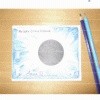
Eclipse Flipbook
Source Institutions
In this activity, learners make flipbooks of drawings showing the progression of a Total Solar Eclipse.
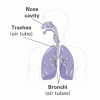
Heart and Lungs
Source Institutions
In this environmental health activity, learners investigate their breathing and pulse rates, and learn how these measurements are affected by physical activity.
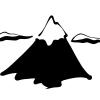
Mountain Mash
Source Institutions
Learners model the processes that formed some of Earth's largest mountain ranges: the Himalayas, the Andes, and the Alps.
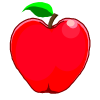
Number Sense and Computation: An Apple a Day
Source Institutions
In this math lesson, learners make estimates to analyze the number of apples per acre, and visualize the magnitude of one million.
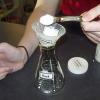
Hot and Cold
Source Institutions
In this activity, learners explore temperature changes from chemical reactions by mixing urea with water in one flask and mixing calcium chloride with water in another flask.
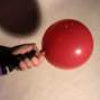
Valves and Pumps: A Demonstration
Source Institutions
This is a demonstration you can use to show learners how valves and pumps work in concert to move blood through the circulatory system.
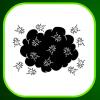
Nowhere to Hide
Source Institutions
In this online simulation, learners can see adaptation and camouflage in action.

File Card Bridges
Source Institutions
With two stacks of books and a few rolls of pennies, build two kinds of bridges--a beam span and an arch span--and see how much weight each of them can hold.
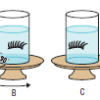
Visualizing How the Vestibular System Works
Source Institutions
In this activity (page 59 of the PDF), learners spin and observe false eyelashes in jars of water (prepared at least 1 day ahead of time) to investigate the effects of different types of motion on the
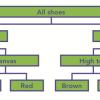
Shoe Dichotomous Key
Source Institutions
In this activity (on page 2 of the PDF under GPS: Cactus Activity), learners will develop their own version of a tool used by biologists, a dichotomous key, by collecting all their left shoes.
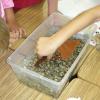
Crayfish Investigations
Source Institutions
This activity has learners interacting with live crayfish, but could be adapted for a variety of similar hardy and interesting organisms.

Does Size Make a Difference?
Source Institutions
In this activity on page 15 of the PDF, discover how materials and physical forces behave differently at the nanoscale.
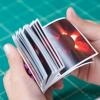
Solar Flare Flip Book
Source Institutions
In this activity, learners make their own flip book that shows real solar flares erupting from the Sun in November 2000. Step-by-step instructions are included with photos.
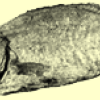
Make a "Mummy"
Source Institutions
The Ancient Egyptians used a naturally-occurring salt from the banks of the Nile River, called natron, to mummify their dead.
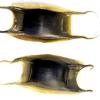
Mermaid's Purse
Source Institutions
In this activity (page 2 of pdf), learners craft a model of a skate egg case and come to understand that cartilaginous fish such as sharks and shakes employ reproductive strategies that differ from th
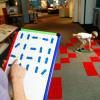
Exploring the Solar System: Mars Rovers
Source Institutions
In "Exploring the Solar System: Mars Rovers," participants learn about how scientists and engineers use robotic rovers and other vehicles to explore distant worlds, and experience some of the challeng
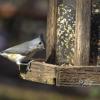
Bird Feeder Challenge
Source Institutions
In this activity, learners are challenged to build a bird feeder using recycled materials from home and are encouraged to problem solve during the extensions.
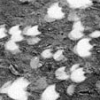
How to View a Solar Eclipse
Source Institutions
This is an activity to do when there is a solar eclipse!
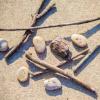
Making Music in Nature
Source Institutions
In this activity, learners will explore the ways natural materials can produce sounds. Appropriate for any age, learners can make individual music or create a symphony with others.
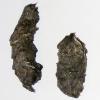
Owl Pellets
Source Institutions
In this activity (page 7 of the PDF), learners will investigate the contents of owl pellets. Learners will discover how owls digest their food as well as the kind of animals they eat.
